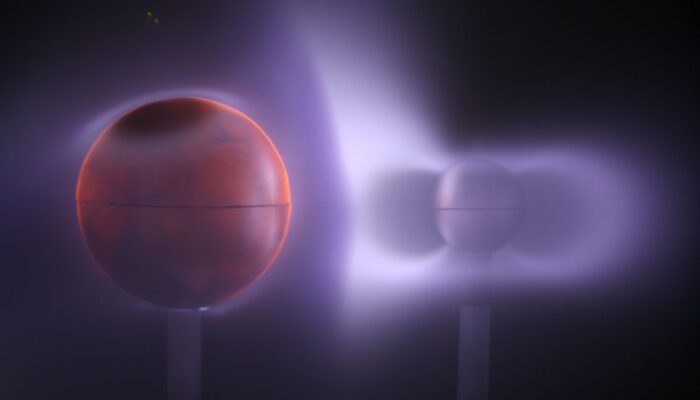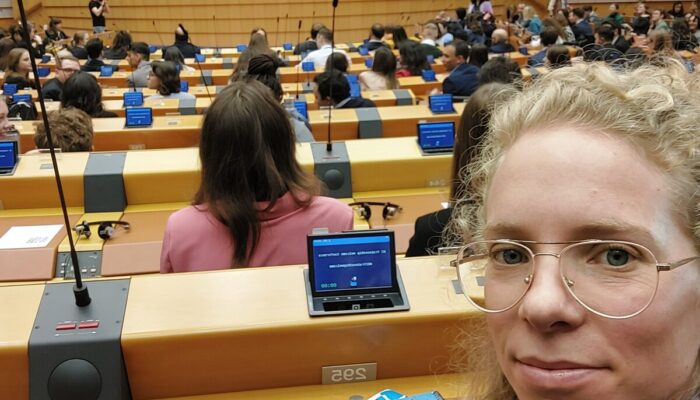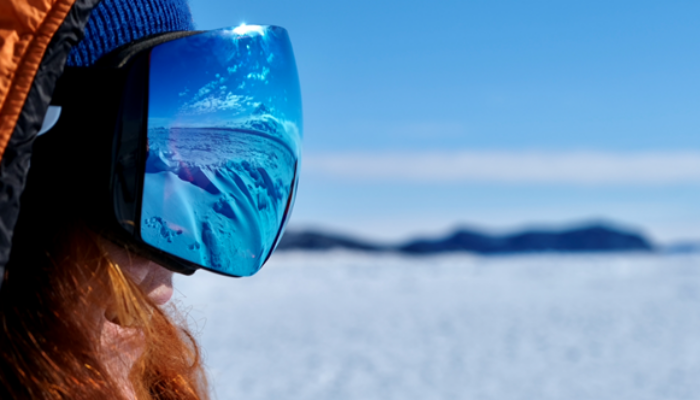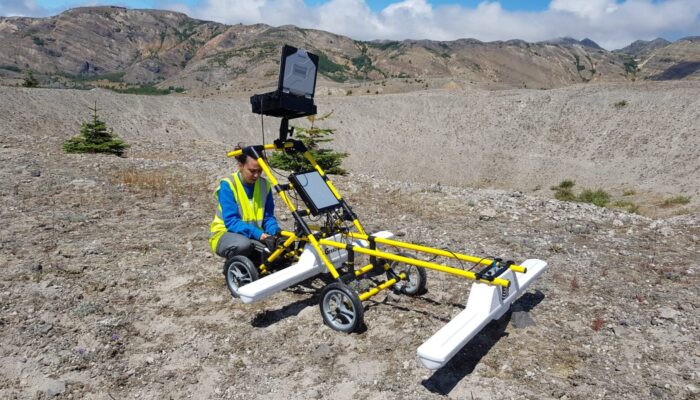In a couple of days, on 22 February, we will mark a major milestone in space history: 40 years since the launch of the first Swedish Viking satellite, when an Ariane rocket from Kourou in French-occupied Guiana launched on 22 February 1986! While the general public might hear the word Viking and picture longboats, heavy axes, and a level of beard maintenance that borders on the professional, space ...[Read More]
GeoTalk: Meet Marie Cavitte, policy officer for the Cryosphere Division, member of the EGU Climate Hazards Task Force, former Blue Book trainee
Welcome, Marie! Could you please introduce yourself to our readers? Hi, my name is Marie Cavitte. I’m a glaciologist and climatologist with a passion for the polar regions. I spent 10 years studying Antarctica. I started off during my Masters, then PhD, looking at the oldest ice on Earth, hunting for THE region of the ice sheet that might contain million-year-old ice. An ice core has been drilled ...[Read More]
McMurdo Sound’s 40th anniversary: An expedition journal by Julia Martin
It was October 28, 2022 around 3 p.m. Fascinated by the majestic white snow-covered mountain caps, deep-blue sea ice cracks and light-blue pressure ridges, I gently press my nose against the cold double-glassed window of the Royal New Zealand 757. The tires smoothly touch the ground, and the warm voice of the flight attendant fills the dry air in the aircraft: “Ladies and Gentlemen, welcome to Ant ...[Read More]
International Day of Women and Girls in Science : Refection from Simona, a Rome-based seismologist
Hello you, and happy International Day of Women and Girls in Science! My name is Simona Gabrielli, and I am a researcher at the INGV (Istituto Nazionale di Geofisica e Vulcanologia, Italy), where I study seismic attenuation (in other words: how earthquakes lose energy while passing through rocks), to understand the presence of fractures and fluids. My specialization in recent years has been in tec ...[Read More]




